Workers’ self-management discussions in Turkey
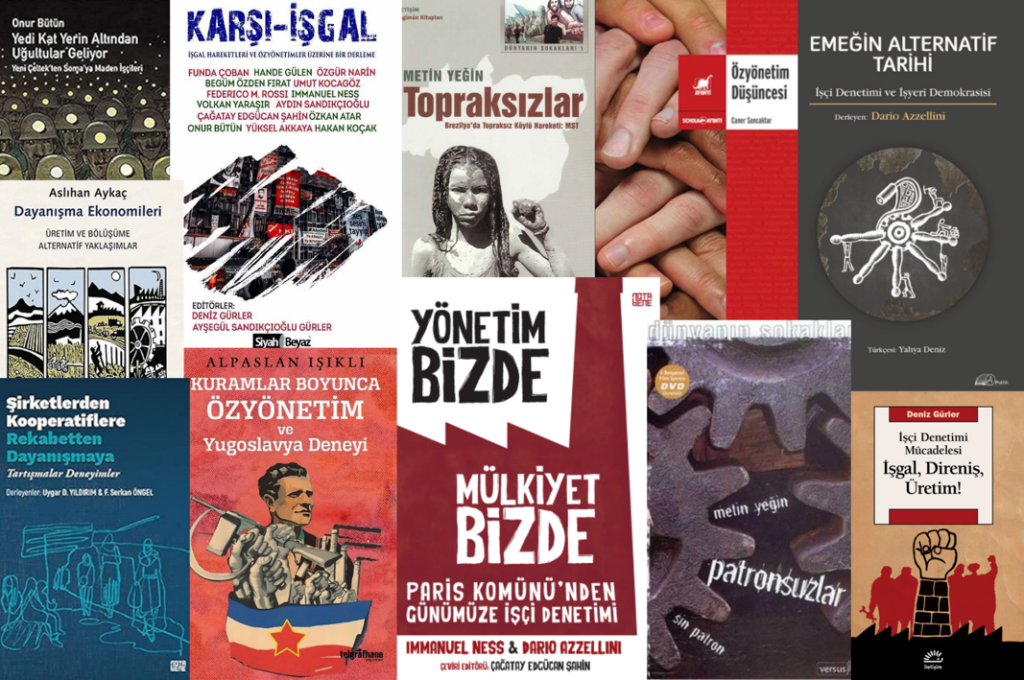
In Turkey, three different models can be mentioned within the scope of the struggle for workers’ control and workers’ self-management. The first of these is strikes and factory occupations. Council/committee type organizations formed by workers during strikes and factory occupations gain importance in organizing the action, conveying the demands and meeting the needs of the workers. Council/committee type organizations appear as concrete experiences where “workers’ democracy” comes to life.
The second model that can be evaluated within the framework of workers’ control is the initiatives that can be evaluated within the framework of social and solidarity economy, especially cooperatives. Recently, it has been observed that the new style of cooperatives, which includes criticism of traditional cooperatives and aims to develop solidarity relations, has developed both theoretically and practically. The increasing number of production/consumption cooperatives, ecological villages, barter markets, urban gardens, solidarity networks and similar formations are initiatives that can be evaluated in this context.
The third model that can be evaluated within the framework of workers’ control/self-management is the struggle for workers’ self-management based on direct action. The only example of this today is Özgür Kazova Textile Cooperative. The struggle to demand wages and rights arising from work has turned into a struggle for workers’ control/self-management.
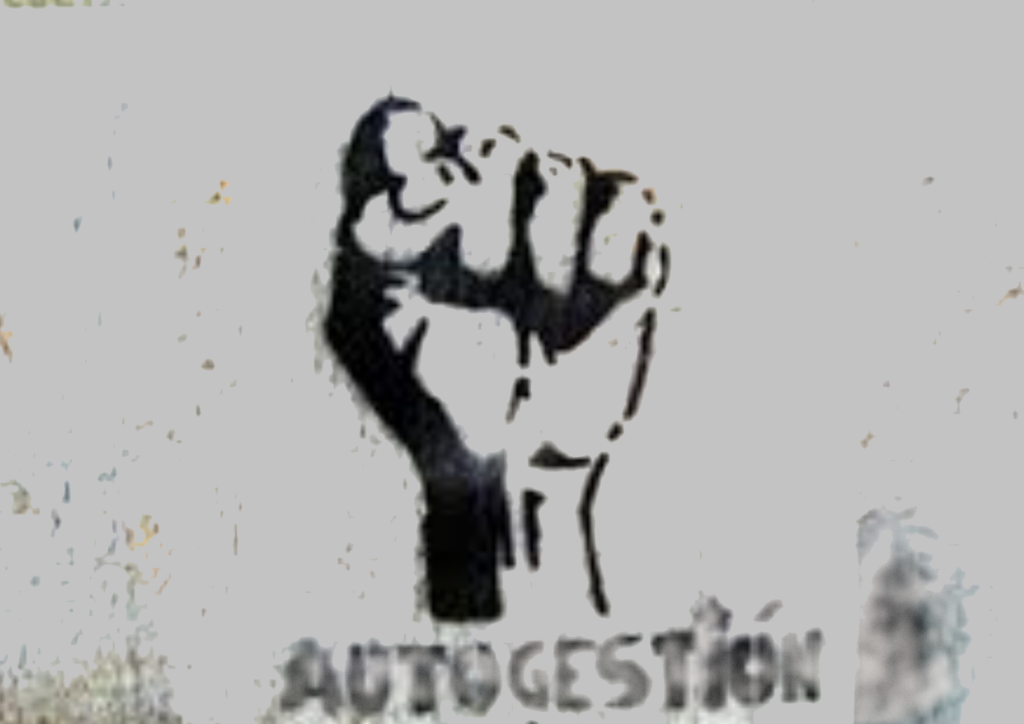
Discussions on workers’ self-management in Turkey were conducted through the Yugoslavian self-management model until recently. In Yugoslavia, the system called “self-management” began to be implemented after 1950 and included the participation of workers in enterprise management through councils. The Yugoslav self-management model has aroused interest in Turkey, as well as all over the world, and has often been evaluated as an alternative to both capitalist and socialist systems. The Yugoslavian self-management model was seen as an alternative to “participation in management” and similar practices in the capitalist system, especially in Germany, as well as an alternative to the centralist structure and approach in the socialist regimes of the period.
When we come to the present day, it seems that Latin American countries stand out in terms of workers’ control/self-management discussions and experiences. Today, Latin America leads the way both in terms of direct producer self-management experiences and discussions in this field, arousing interest in changing/transforming capitalist property/labor relations. It should be noted that the self-management experiments in Latin America are behind the gaining importance of approaches such as “social economy” and “solidarity economy”, which are considered as alternatives to the neoliberal model and capitalist relations, especially after the 90s.
At this point, it can be seen that in recent years, there has been an increasing interest in Turkey, Argentina and Latin America’s worker self-management experiences and, more generally, the social and solidarity economy. Workers’ self-management, called “empresas recuperadas” in Argentina (established as a result of the takeover of a bankrupt enterprise by its workers), are watched with interest in Turkey as well as in the world. In this context, the direction of the discussions on workers’ self-management has begun to change. This is a paradigm shift. Workers’ self-management discussions, which were carried out through Yugoslavia until recently, have recently started to be carried out through empresas recuperadas and social and solidarity economy.
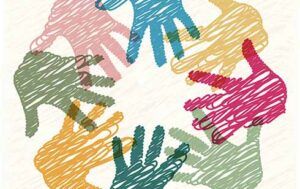
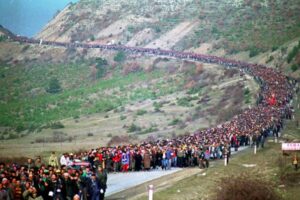
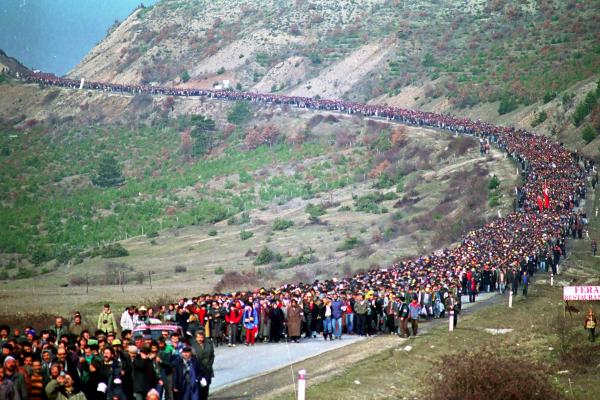
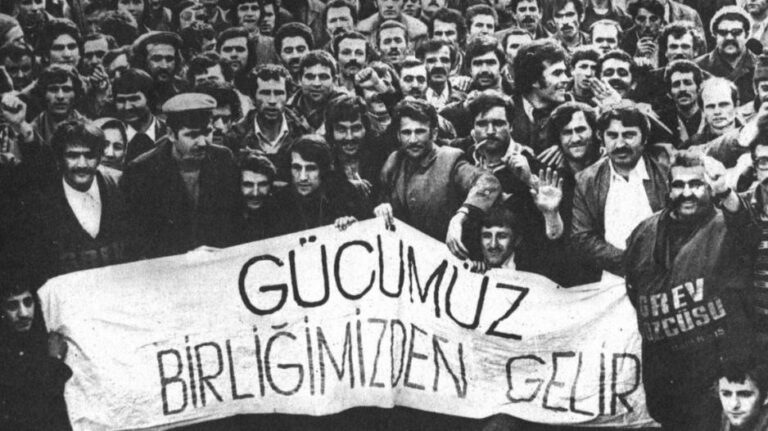
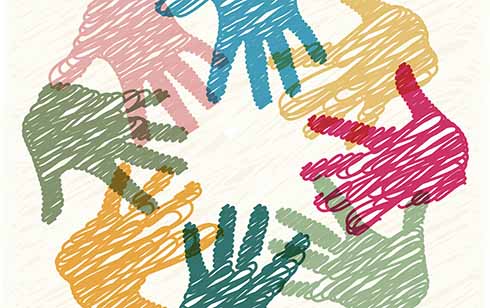
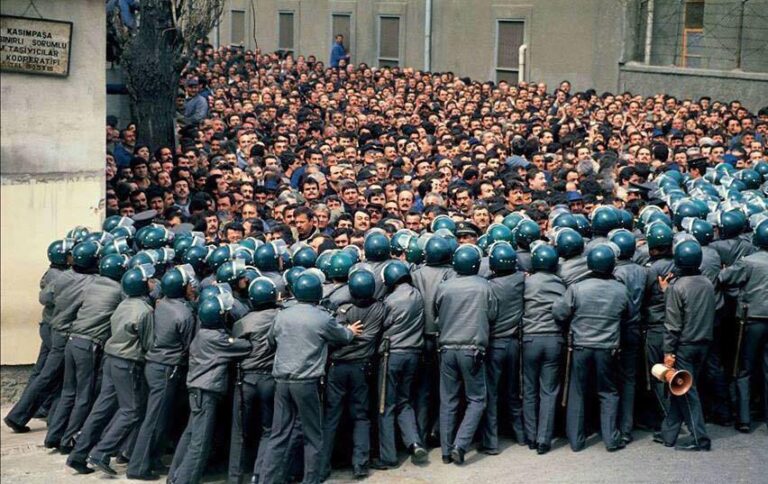
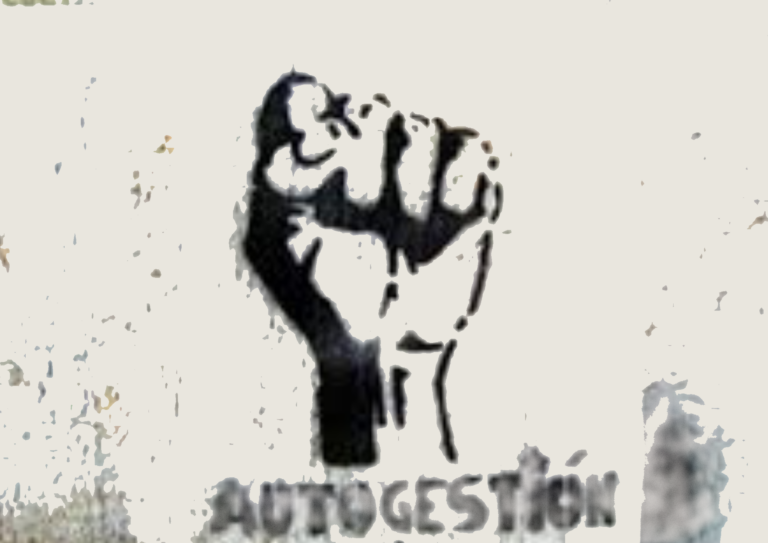
+ There are no comments
Add yours